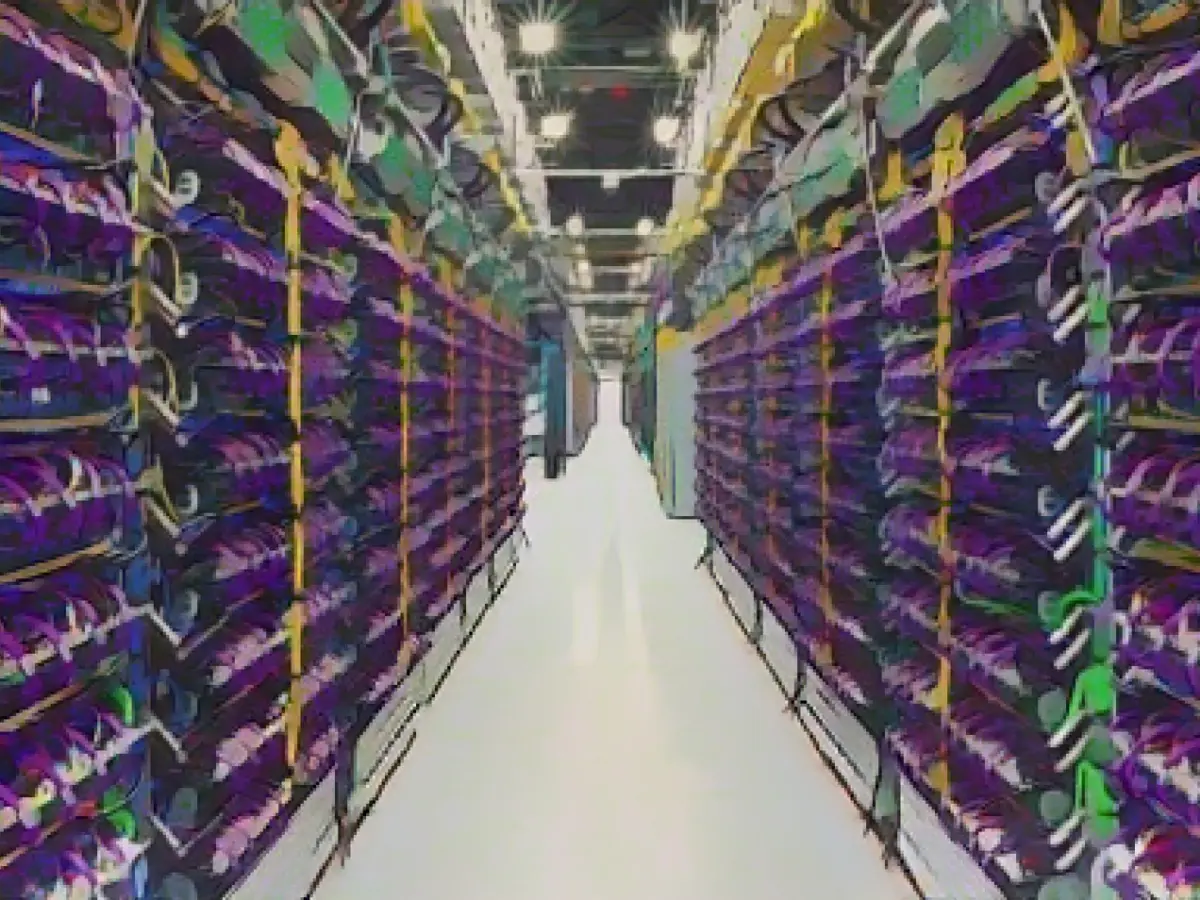Gemini language model - Google wants to outpace competitors with new AI model
Google wants to take the lead in the artificial intelligence race with its new Gemini language model. The AI system should not only keep pace with the GPT4 language model from competitor OpenAI, but also surpass it.
Commenting on the Gemini announcement,Google CEO Sundar Pichai said that the change we are currently experiencing with AI will be the "most profound in our lives, far greater than the transition to cell phones or the internet before that".
Gemini classifies hand gestures and drawings
Gemini can not only generate texts in a chatbot, but can also solve certain problems and make decisions depending on the situation. It can also record information from photos and videos. Google demonstrated the system with a video chat in which Gemini immediately recognized and correctly classified drawings and hand gestures of the human counterpart.
"We are bringing Gemini to billions of people through Google products," announced Demis Hassabis, Head of Google DeepMind. The Google subsidiary emerged in April 2023 from the British start-up DeepMind, which was acquired in 2014, and Google's internal AI department. By integrating the start-up, which until then had operated largely independently, Pichai wanted to bundle the AI efforts within the Google Group in order to be able to compete more decisively against OpenAI.
Three dimensions planned
Google will introduce the new system in three different dimensions: Gemini Ultra, Gemini Pro and Gemini Nano. Gemini Ultra is the largest and most powerful model for highly complex tasks. This variant is primarily aimed at corporate customers.
Gemini Pro is aimed at a broad audience and will, for example, teach the Google Bard chatbot "advanced thinking, planning, understanding and more". "This is the biggest upgrade for Bard since its launch," said Hassabis. Bard will be available in English in more than 170 countries and territories from now on. However, Google plans to support new languages and locations in the near future.
Gemini will also run on the Google smartphone
The third Gemini variant, Nano, brings the system to Google's top-of-the-range Pixel smartphone model. "The Pixel 8 Pro is the first smartphone to run Gemini Nano," announced Hassabis. For example, the Recorder app can be used to record spoken language from a longer meeting, a lecture or an interview and convert it into written language in real time. With the help of Gemini Nano, the Pixel can also create a compact summary without any time delay. In the coming months, Gemini will be available in other Google products and services such as search, advertising and the Chrome browser.
Google has been working on applications based on artificial intelligence for years, but is currently under pressure to reveal more of it. A year ago, the start-up OpenAI triggered a new competition in artificial intelligence when it made its chat bot ChatGPT public. The software caused quite a stir because it can form sentences like a human. It is trained with huge amounts of data and estimates word by word how a sentence could continue. This entails the risk that it can output completely incorrect information.
Read also:
- Telefónica targets market launch for hologram telephony
- vzbv: Internet companies continue to cheat despite ban
- Telefónica targets market launch for hologram telephony in 2026
- Barely any improvement in the eco-balance of the federal government's IT systems
Google's new AI model, Gemini, aims to surpass OpenAI's GPT4 in the artificial intelligence race, as announced by Google CEO Sundar Pichai. Gemini can classify hand gestures and drawings, generate text in a chatbot, and solve problems based on the situation. Google plans to introduce Gemini in three dimensions: Ultra, Pro, and Nano, with the latter being integrated into the Google Pixel 8 Pro. OpenAI's chatbot, ChatGPT, has caused a stir due to its human-like conversational abilities, putting pressure on Google to reveal more of its AI applications. Google has been working on AI applications for years, but the competition in the field has intensified due to advances in technology and the public release of ChatGPT. The telecommunications industry, including companies like Telefónica, is also exploring the potential of hologram telephony. Despite bans, some Internet companies continue to cheat in the online advertising market.
Source: www.stern.de








